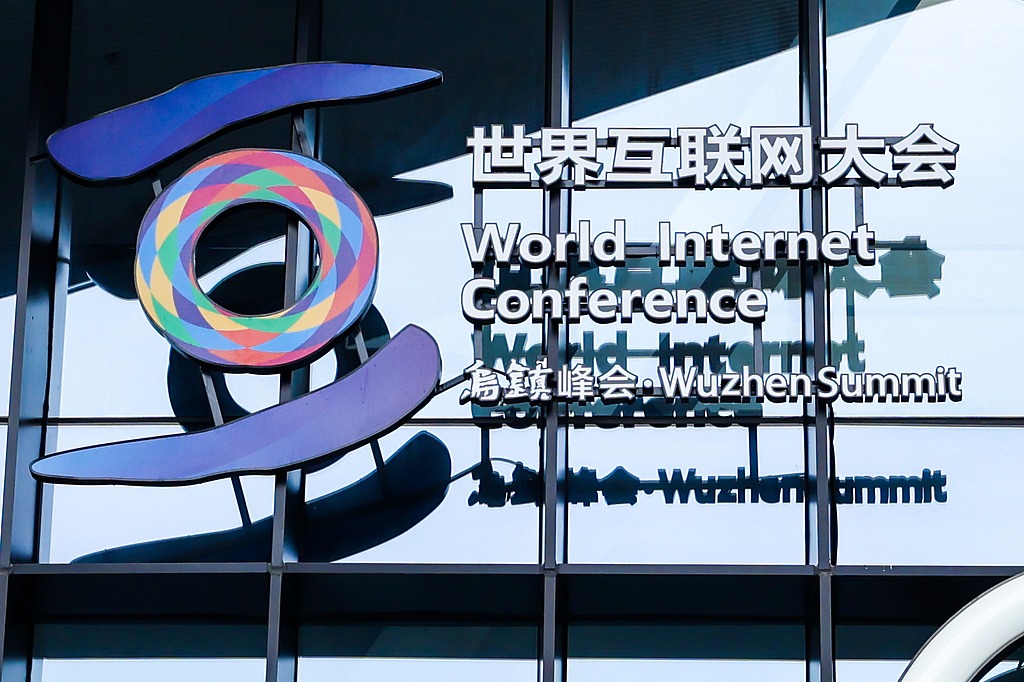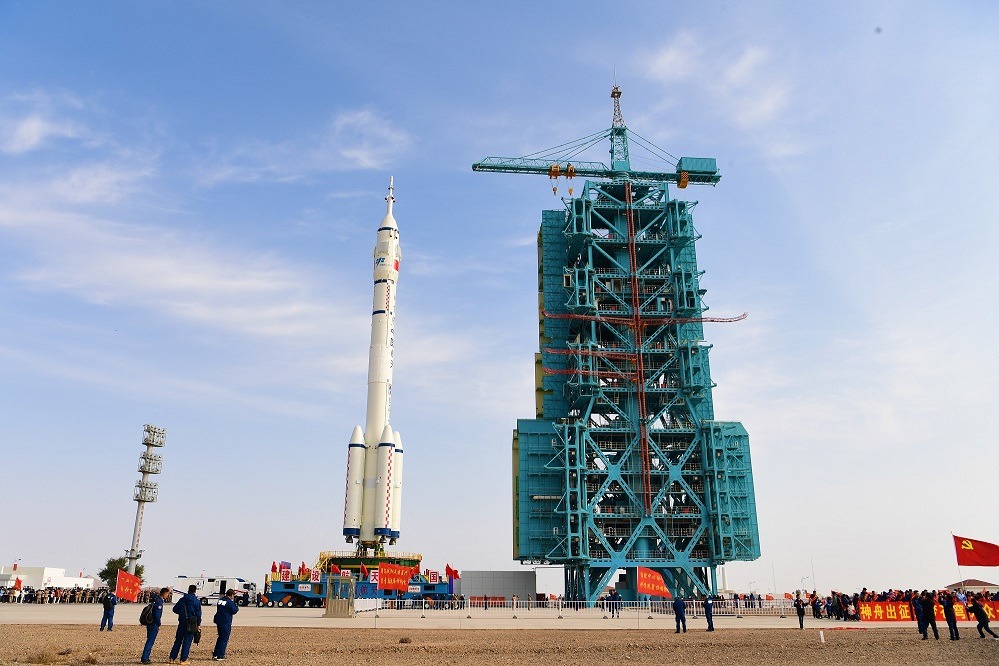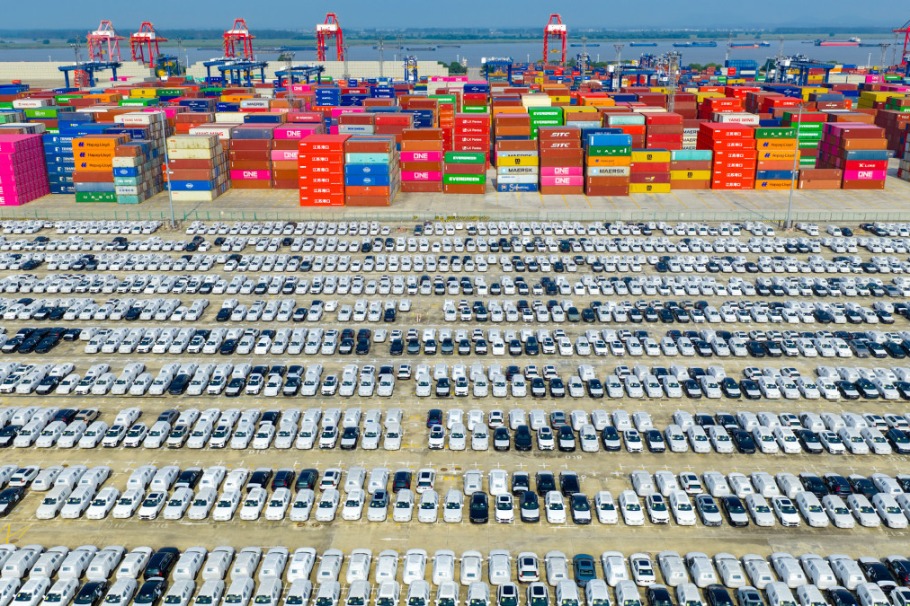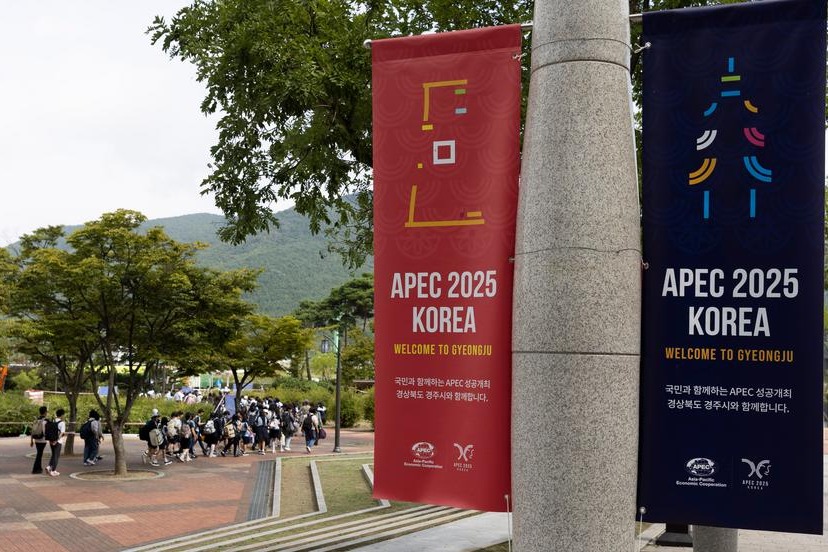Indonesia's EV is open for business


Indonesia's latest import incentives for global electric vehicle (EV) makers to produce EV in the country offers them a golden opportunity to make inroads into the country's EV nascent industry that is now open for business.
However, timing is crucial, and the ones who reap the most return will be those who come in first to capture the market share of Indonesia's EV industry that is set to go on a fast lane.
Under the new incentives packages, international automakers that produce EVs in Indonesia, south-east Asia's largest automotive industry, are eligible to get import duty exemption on completely built-up four-wheeler EVs and completely knocked-down four-wheelers EVs with local component requirement below 40 percent until 2025. This will provide international manufacturers greater access to Indonesia's lucrative automotive market which saw the production of 1.4 million cars — with 41 percent of those for exports — and the sales of 6 million motorcycles in 2023.
The domestic market will also be presented with more options of EVs, which in turn will make the EVs more affordable for millions of Indonesian consumers. The effort to make EVs more affordable is a critical factor because affordability has been cited as a key purchasing factor, with over half of those recently polled by analytic firm Standard& Poor's or S&P Global believing that EV pricing worldwide is too high.
For global EV makers, seizing the opportunity to manufacture EV in Indonesia not only provides access to a burgeoning market but also serves as a strategic move to diversify their manufacturing bases, especially to serve the RHD (Right-Hand Drive) market. By taking advantage of the tax incentives, these manufacturers can position themselves at the forefront of the global EV revolution, tapping into Indonesia's potential as a key player in the global transition to sustainable transportation. Moreover, the allure of tax exemptions on completely built-up EV imports offers a compelling incentive to penetrate the Indonesian market.
Indeed, the EV market potential in Indonesia is enormous. Currently, the automotive market contributes 4 percent of Indonesia's total GDP at $1.3 trillion and the country has an ambitious goal to provide 2 million EV passenger cars by 2030. Although the current proportion of four-wheeler EVs accounts for 2.2 percent of total vehicle sales, once the sales touch the tipping point between 5 to 10 percent, EV adoption tends to jump drastically due to the multiplier effects of early adopters. Furthermore, as Indonesia's population expands to approximately 300 million by 2030, its purchasing power is predicted to increase, with GDP per capita expected to rise from $5,000 to $10,000 by 2030, making it a more attractive market with a bigger pool of potential buyers and more car ownership.
Early EV industrial adopters can also access the thriving ecosystem of ancillary industries and services, triggered by the incentives. As the domestic automaker industry evolves to embrace electric mobility, there will be a surge in demand for components, infrastructure and services specific to electric vehicles. This surge is expected to catalyze the growth of a diverse array of supporting industries, including battery manufacturing, charging infrastructure development, and software and technology solutions tailored to EVs. The resultant expansion of the supply chain will not only fortify the automotive sector but also engender a network of interconnected industries, thus amplifying the economic impact of the incentives. And Indonesia is well placed to leverage this opportunity as the country is home to the largest deposits of nickel which is an essential component of EV batteries. The resource-rich country is also eyeing to build a lithium refinery with 60,000 tons capacity to complement its nickel-based battery industry.
Again, the timing of the investment couldn't be better because the government has lured two of the world's leading EV battery manufacturers to Indonesia as Republic of Korea's LG Energy Solution sets to begin production this year and China's Contemporary Amperex Technology Co (CATL) plans to start the construction of its production plant this year. In addition, the government has also rolled out a set of incentives for companies providing public EV charging stations such as lowering electricity tariffs for them.
But the Indonesian market, like any other competitive market in the world, expects producers to offer innovation and affordability by offering the most suitable products to the market. Take the mobile phone market landscape for example, Chinese brands now dominate the market with a total combined market share at a whopping 69.5 percent as of 2022, thanks to their competitive pricing and innovation.
Entering a nascent market has its risks. But if you enter a market that is run by a pro-reform government like Indonesia, the competitive advantages will outweigh the risks. Not only do the import incentives demonstrate Indonesia's determination to implement clear structural reforms in the EV industry, but they also represent bold policy choices that will put the EV industry in an accelerated mode. And that's a risk that is worth investing in.
The author is Indonesian Deputy Coordinating Minister of Transportation and Infrastructure of the Coordinating Ministry of Maritime Affairs and Investment.
The views don't necessarily represent those of China Daily.
If you have a specific expertise, or would like to share your thought about our stories, then send us your writings at opinion@chinadaily.com.cn, and comment@chinadaily.com.cn.
































